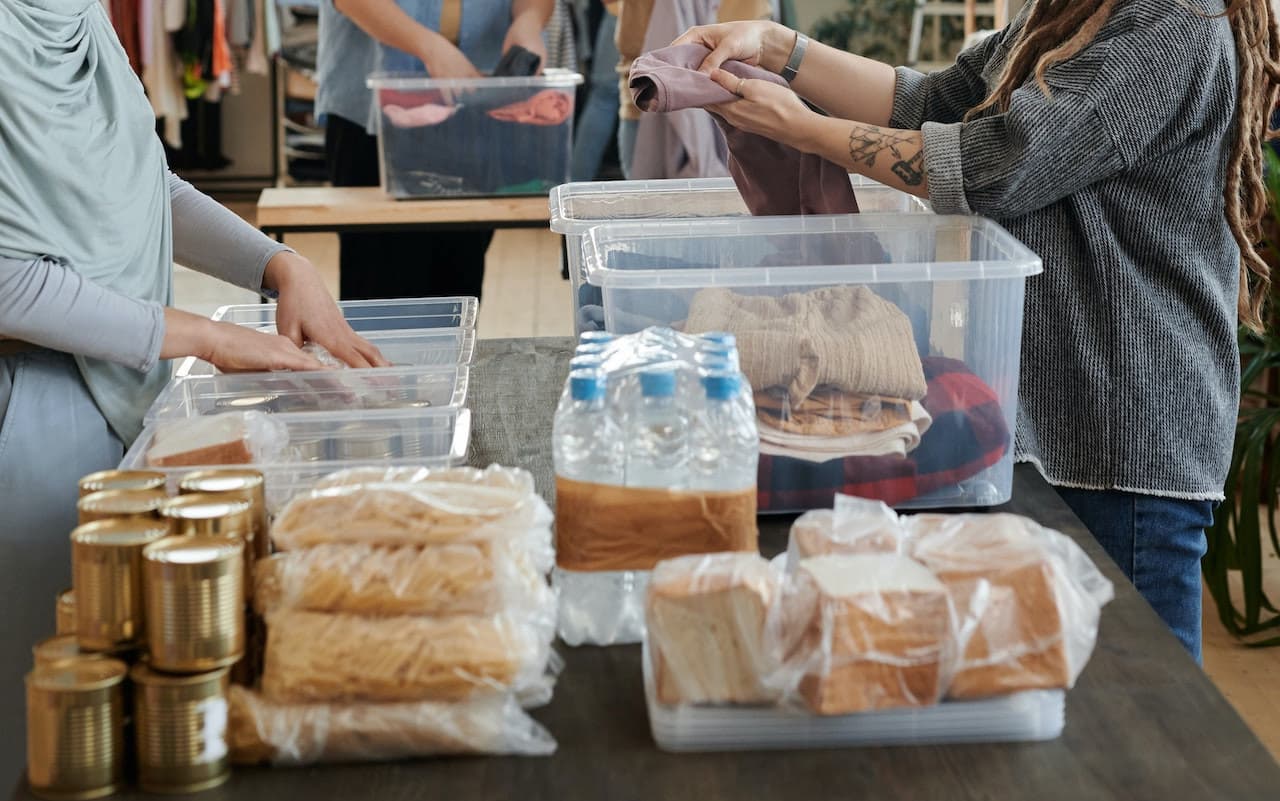Сooks can become volunteers in many ways. One way is to cook for a charity event. This not only provides benefits for the organization, but also for the cook himself. The cook gets to feel good about helping others and he also gets to brush up on his cooking skills. In addition, volunteering gives the cook a chance to network with other professionals in the food industry, which could lead to future opportunities. another way for cooks to volunteer is to teach cooking classes at a local community center or senior center. This is a great way to give back to the community and it also allows the cook to share his knowledge and expertise with others. teaching cooking classes can also be a great way to build relationships with potential customers. Lastly, cooks can volunteer their time and services at local food banks or soup kitchens. This is a great way to help those in need and it also allows the cook to showcase his talents. volunteering at a food bank or soup kitchen is also a great way to build relationships with potential employers.
Should workshops be considered a volunteer activity?
A workshop is a events where participants learn about a particular subject or skill. They are usually led by an expert in the field, and they often involve hands-on learning. Many workshops are held for free, and some even provide attendees with materials or supplies. Given all of this, it’s no wonder that workshops are often considered a volunteer activity. After all, they provide an opportunity to share one’s skills and knowledge with others, and they can be a great way to give back to the community. However, there are also some workshops that charge a fee, and these can sometimes be quite expensive. As a result, it’s important to carefully consider whether or not a workshop is something that you’re able to commit to before signing up.
How to prepare a kitchen for a workshop
A kitchen is the heart of any home, so it’s important to make sure it’s well-equipped for any activity. Whether you’re preparing a gourmet meal or teaching a cooking class, having a few key supplies on hand will make your experience more enjoyable. Here are a few tips on how to prepare your kitchen for a workshop:
– Begin by making a list of all of the equipment and ingredients you’ll require. This will help you ensure that you have everything you need when it comes
-Then, clear out any unnecessary items from your counters and storage space. You want to have as much room as possible to work in.
-Next, disinfect all surfaces, including countertops, cutting boards, and knives.
-Finally, set up your workspace in an organized way that makes sense for you. Having everything within reach will make the experience more efficient and enjoyable.
Collaboration with other volunteer chefs. A pro blogger can help record a workshop to create educational materials
For any volunteer chef, collaboration is key. After all, many hands make light work, and when it comes to cooking for a large group of people, it’s essential to have a team of experienced cooks on hand. This is why collaborating with other volunteer chefs can be such a rewarding experience. You can not only share ideas and recipes, but you can also learn from one another. And, of course, cooking with friends is always more enjoyable!
If you’re lucky enough to work with a pro blogger, they can help you record your workshop and create educational materials that can be used by other volunteers. This is a priceless service because it ensures that the valuable knowledge and skills you have are passed on to others. In this way, you can contribute to the development of a new generation of volunteers who are well-prepared to face the challenges of cooking
What other professionals can bring positive aspects to a cooking class besides the chefs conducting it
Any good cooking class will have talented chefs leading the way and sharing their expertise with students. However, there are other professionals who can also bring positive aspects to the class. For example, a nutritionist can help students to understand the importance of healthy eating habits. A food historian can provide context for the dishes being prepared, and a food stylist can teach students how to make their dishes look as good as they taste. By bringing in other professionals, a cooking class can become an even more enriching and informative experience for everyone involved.
